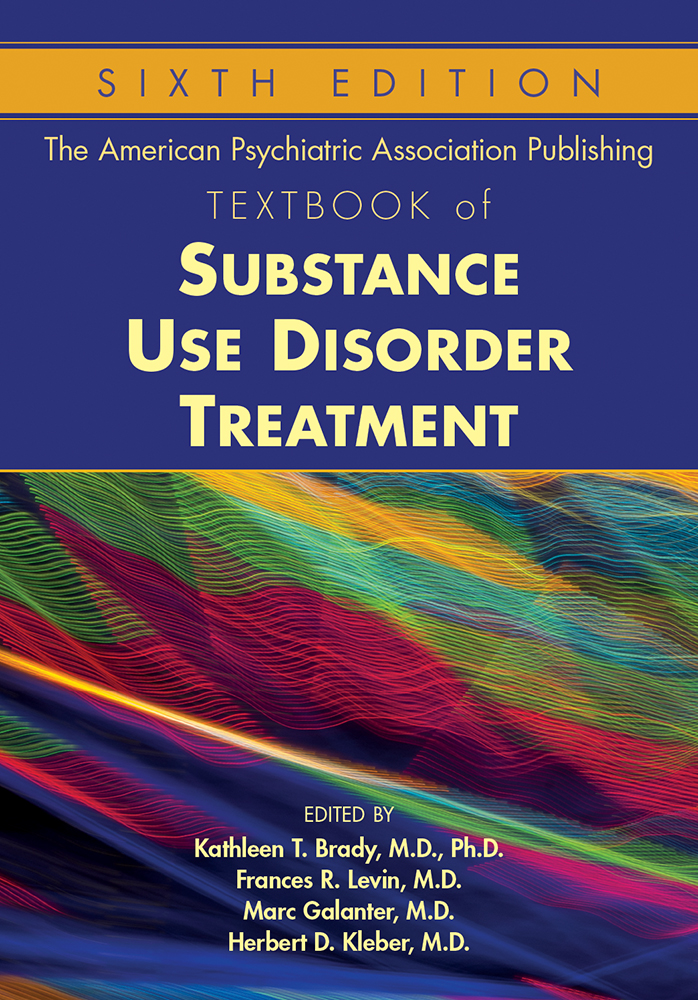Chapter 12.Neurobiology of Opioids
Sections
Excerpt
Within the context of substance use disorders, the endogenous opioid system has been described as a chief mediator of “pain and pleasure.” This characterization results from the important role that endogenous and exogenous opioids play in pain perception and hedonic states. However, the physiology of this system is multifaceted, both in itself and in its interactions with other neurobiological components. Thus, the endogenous opioid system may be critical to the etiology and treatment of several disease states. This chapter reviews what we know about the neurobiology of opioids. The authors attempt to detail how opioid neurobiology modulates physiology and behavior, and how this knowledge is being translated into the development of novel therapeutics and treatment strategies.
Access content
To read the fulltext, please use one of the options below to sign in or purchase access.- Personal login
- Institutional Login
- Sign in via OpenAthens
- Register for access
-
Please login/register if you wish to pair your device and check access availability.
Not a subscriber?
PsychiatryOnline subscription options offer access to the DSM-5 library, books, journals, CME, and patient resources. This all-in-one virtual library provides psychiatrists and mental health professionals with key resources for diagnosis, treatment, research, and professional development.
Need more help? PsychiatryOnline Customer Service may be reached by emailing [email protected] or by calling 800-368-5777 (in the U.S.) or 703-907-7322 (outside the U.S.).



